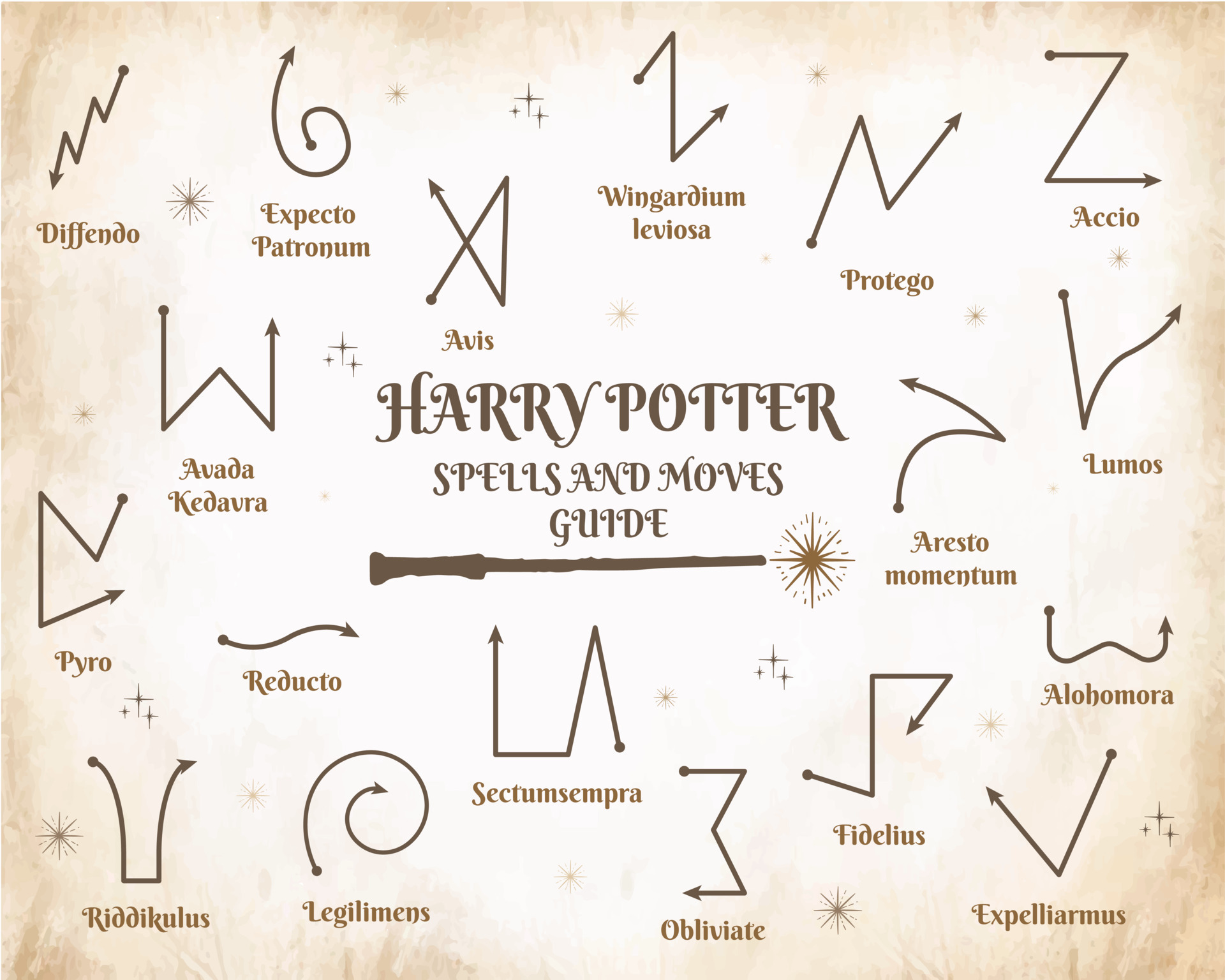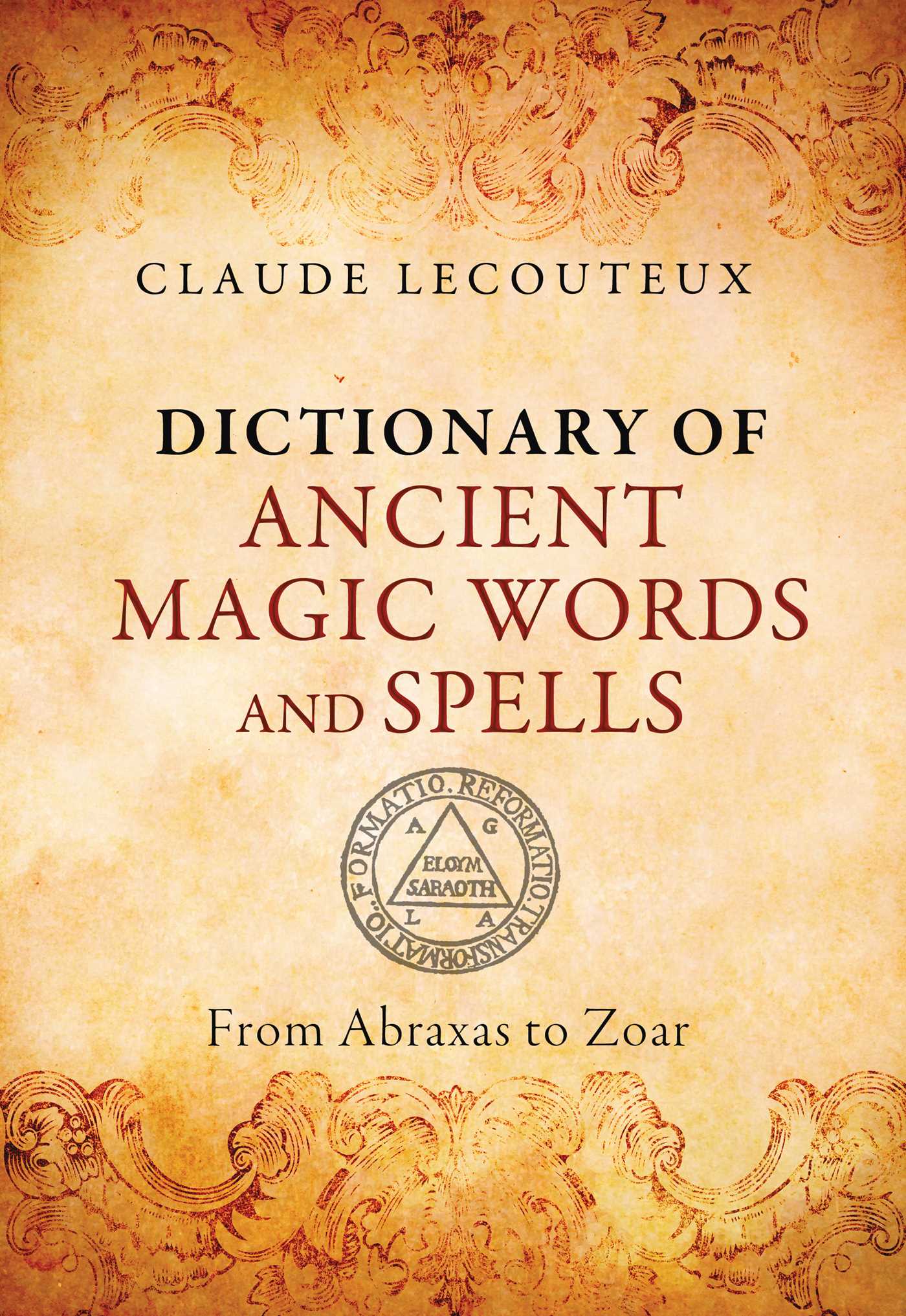Have you ever found yourself pausing, pen in hand or fingers hovering over the keyboard, wondering just how to put down the letters for "Wednesday"? You are absolutely not alone in that feeling. It's a day name that, in a way, seems to delight in tripping us up, particularly when it comes to that quiet 'd' that just sits there, doing nothing much at all. Many people, it seems, grapple with this specific word, and it’s a very common point of confusion for folks trying to get their writing just right.
It’s a bit curious, really, how this particular day of the week, Wednesday, often poses such a puzzle. Some observations even suggest that Wednesday is spelled correctly more often than Tuesday, perhaps because its spelling aligns more closely in some subtle way, even with its silent letters. Yet, for many, that distinct sound, which is sort of like "Wenz-day," doesn't quite match up with how the word actually looks on paper. This can make it a little bit of a head-scratcher, you know, when you are trying to write it down without a second thought.
This article is here to help clear up any lingering questions about how to spell Wednesday. We'll explore why it sounds the way it does, where its name comes from, and, very importantly, give you some straightforward ways to remember its correct spelling. By the time we are done, you'll feel much more confident about putting "Wednesday" into your emails, reports, or just about anything else you are writing. So, let's get into it, shall we?
Table of Contents
- The Puzzling Nature of Wednesday's Name
- Unraveling the Roots: Where Wednesday Comes From
- Breaking Down the Spelling: A Step-by-Step Guide
- "Wed" vs. "Wednesday": Clearing Up Any Mix-Ups
- Why Getting it Right Matters
- Frequently Asked Questions
The Puzzling Nature of Wednesday's Name
It’s quite interesting, how the word Wednesday often causes a bit of a stir when folks try to spell it out. Most of the other days of the week, you know, they read pretty much as they are written, which makes them a bit more straightforward. Monday looks like "Mon-day," and Sunday sounds like "Sun-day." But then, there's Wednesday, and it's almost like it has its own secret pronunciation club, which can be a little confusing for anyone trying to learn it.
This difference between how Wednesday looks and how it sounds is, in some respects, the main reason it can be such a challenge for so many people. You see, when you say "Wednesday" out loud, that 'd' in the middle seems to just vanish into thin air, doesn't it? It's really quite a common thing for words in English to have letters that are there but don't make a sound, but for some reason, this one just sticks out a bit more.
Why it Sounds Different
The biggest reason Wednesday reads as "Wenzday" instead of something like "Wed-nes-day" is because of that silent 'd'. This isn't just a random quirk; it's a bit of a leftover from how the word has changed over a very long time. The pronunciation has shifted and smoothed out, making it easier to say quickly, while the spelling has, more or less, stayed true to its older form. So, that 'd' is really a ghost from the past, hanging around in the written word.
Understanding that the 'd' is silent can be a huge help when you are trying to spell Wednesday. It means you shouldn't expect to hear every single letter when you say the word out loud. This is a pretty common feature in the English language, you know, where letters just don't always make a sound. For example, think about words like "handkerchief" or "handsome," where the 'd' also takes a bit of a break from making noise. It's just a little something to keep in mind.
A Look at Other Days
When you consider the other days of the week, it's pretty clear that Wednesday is a bit of an outlier. Monday, Tuesday, Thursday, Friday, Saturday, and Sunday – they all, for the most part, sound just like they look. This consistency makes them, arguably, much simpler to spell for most folks. You say "Tuesday," and you can pretty much hear every letter, which makes writing it down a much less complicated affair.
But Wednesday, as we've talked about, is a bit of a rebel in this group. It stands out because of that pronunciation difference, which is why people often search for "how to spell Wednesday." It's almost like it's challenging you to remember its unique written form, even though its spoken form is quite different. This distinction is really what makes it such a memorable, and sometimes frustrating, word for many learners of the English language.
Unraveling the Roots: Where Wednesday Comes From
To truly get a handle on how to spell Wednesday, it helps a great deal to know a little bit about where its name actually came from. Understanding the history can, in a way, make the spelling feel less random and more like a story. It’s a very old word, and its roots go back to some fascinating parts of history and mythology, which is pretty cool if you think about it.
The names of our days of the week are, for the most part, deeply connected to ancient gods and celestial bodies. This is true for many languages, and English is no exception. So, when we look at Wednesday, we are really looking at a name that has been around for a very, very long time, carrying with it a bit of historical weight. It’s a bit like a linguistic fossil, in some respects.
The Godly Connection
Wednesday, it turns out, celebrates the god Odin. This is really interesting because it connects Wednesday to a very powerful figure in Norse mythology. In the same way that Thursday celebrates Thor, and Saturday celebrates Saturn, Wednesday has its own divine namesake. Odin, also known as Woden in Old English, was a major god, associated with wisdom, poetry, war, and magic, which is quite a legacy for a day of the week.
So, at one point, the day was known as "Woden's day." This direct link to Woden helps us see how the word "Wednesday" came to be. It’s pretty clear, then, that the spelling holds onto this older form, even as the pronunciation has shifted over the centuries. This connection to Odin, or Woden, is a key piece of the puzzle when you are trying to remember how to spell Wednesday, as it explains the "Wednes-" part of the word.
Tracing the Language Path
The journey of "Wednesday" from "Woden's day" to its current form is a long one, spanning many centuries of language change. Old English, the language spoken in England before the Norman Conquest, had a word for this day that directly translated to "Woden's day." Over time, as languages naturally evolve, sounds get dropped, and spellings sometimes simplify or, in this case, retain elements that are no longer pronounced.
This process is how that silent 'd' came to be. It was once pronounced, part of the original "Woden," but as people started speaking faster and more casually, the 'd' sound just faded away in everyday speech. However, the written form, perhaps out of tradition or just because spelling changes more slowly than pronunciation, kept it. So, when you are thinking about how to spell Wednesday, remember it's a little piece of linguistic history you are writing down.
Breaking Down the Spelling: A Step-by-Step Guide
Now that we have a bit of a background on Wednesday's name, let's get down to the practical steps of how to spell it correctly. Breaking the word down into smaller, more manageable pieces can make a huge difference. It’s a very effective way to tackle any word that seems a little bit intimidating at first glance, and Wednesday is no different in that respect.
Think of it like building something with blocks. You don't just throw all the blocks together; you put them in a specific order. Spelling Wednesday is much the same. If you approach it in a structured way, you'll find it's not nearly as hard as it might seem. So, let's take it one bit at a time, which is usually the best approach for these kinds of things.
Syllable by Syllable
The easiest way to approach spelling Wednesday is to break it into its three syllables: "Wed-nes-day." Even though you don't hear the 'd' in the first part when you say it quickly, seeing it broken down this way can help you remember that it's supposed to be there. So, you have "Wed" first, then "nes," and then "day." It’s a pretty simple structure once you see it laid out like that, isn't it?
Let's look at each part closely. The first part is "Wed." This is where the silent 'd' lives. The second part is "nes." This part is fairly straightforward, just like the "nes" in "kindness" or "happiness." Finally, you have "day," which is, of course, the common ending for many days of the week. Putting these three pieces together, "Wed" + "nes" + "day," gives you the complete word. This method is, arguably, one of the most reliable ways to get it right every time.
Common Pitfalls and How to Dodge Them
One of the most common mistakes people make when trying to spell Wednesday is forgetting that silent 'd'. Because it's not pronounced, it's very easy for it to just slip out of your mind when you are writing the word. This is, perhaps, the biggest hurdle for many, and it's a pretty natural thing to happen when a letter is there but doesn't make a sound. So, always double-check for that 'd'.
Another pitfall can be getting the vowel in the middle syllable wrong. Sometimes people might write "Wensday" or "Wednsday," missing the 'e' in "nes." Remember, it's "Wed-nes-day," with that clear 'e' sound in the middle part. Paying attention to these smaller details can make a significant difference in getting the spelling absolutely correct. It's just a little thing, but it helps a lot, you know.
A Little Trick to Remember
Here’s a simple trick that many people find helpful for remembering how to spell Wednesday. Think of it as "Wed-NES-day." You can even imagine a little wedding taking place on a nest during the day. It sounds a bit silly, perhaps, but silly things often stick in our minds better than just trying to memorize letters. This kind of visual or phonetic trick can be a real game-changer for remembering tricky spellings.
Another way to think about it is to focus on the "Wednes" part as a single unit, knowing that the 'd' is there, even if it's quiet. Some people even say the 'd' very softly to themselves as they write it, just to make sure they include it. Whatever little memory aid works for you, using one can be very effective. It’s all about finding what clicks for your brain, really.
"Wed" vs. "Wednesday": Clearing Up Any Mix-Ups
It's also worth noting that there's a simpler word that sounds a bit like the beginning of Wednesday, and that's "wed." This can sometimes cause a tiny bit of confusion, especially for people who are still getting comfortable with English spelling. So, let's just clear up any potential mix-ups between the verb "to wed" and the day "Wednesday." They are, in fact, two quite different words, even if they share some letters.
Understanding the distinction between these two words is pretty important for clear writing. While they sound similar at the beginning, their meanings and their full forms are distinct. It’s a bit like how "read" can be pronounced differently depending on the tense, but in this case, it’s about different words altogether. So, let's make sure we are all on the same page with this.
The Simple Verb
The verb "to wed" simply means to marry. For example, you might say, "They plan to wed next spring." This word is spelled with just three letters: W-E-D. It's a very straightforward word, and it doesn't have any silent letters or tricky parts. It’s just what it seems, which is rather nice compared to its longer cousin. This short word is used in a very specific context, usually about marriage ceremonies.
So, when you are talking about getting married, you use "wed." It's a common term, and it's much shorter than the day of the week. This distinction is quite important for clarity in your writing. You wouldn't say "They plan to Wednesday next spring," would you? That would sound pretty funny, so it's good to keep the two words separate in your mind, which is actually quite easy to do once you think about it.
The Day's Abbreviation
The abbreviation for the weekday Wednesday is "Wed." This is often seen on calendars, schedules, or in quick notes where space is limited. So, while "wed" is a verb meaning to marry, "Wed." (with the period) is the shortened form of the day Wednesday. It's a useful shorthand, and it helps to distinguish it from the verb, even though they share the same three letters. This is a pretty common practice for days of the week, like "Mon." for Monday or "Tues." for Tuesday.
When you see "Wed." on a calendar, you know it refers to Wednesday, the day of the week. This abbreviation is a practical tool for everyday communication. It's important to remember the context when you see "Wed" to know if it's the verb or the abbreviation for the day. So, you know, the little period at the end of "Wed." is a pretty big clue in this case, indicating it's the day and not the action.
Why Getting it Right Matters
Getting the spelling of words like Wednesday correct might seem like a small detail, but it actually holds quite a bit of importance. When you spell words correctly, it shows that you pay attention to details, and it helps your writing look polished and professional. It’s a very simple way to make a good impression, whether you are writing for work, school, or just sending a casual message to a friend. Accuracy, you know, just makes things clearer.
Clear communication is really the goal of all writing, and correct spelling plays a big part in that. If words are misspelled, it can sometimes distract the reader from your main message, or even make your writing seem less credible. So, taking the time to master words like Wednesday is a worthwhile effort. It helps ensure your message is received just as you intended, without any little hiccups along the way, which is, at the end of the day, what we all want.
Frequently Asked Questions
How many syllables are in the word Wednesday?
The word "Wednesday" has three syllables: Wed-nes-day. Even though the 'd' is silent, it's still part of that first syllable when you break the word down for spelling purposes.
Why does Wednesday have a silent 'd'?
The silent 'd' in Wednesday is a remnant of its historical pronunciation. The word comes from Old English "Wōdnesdæg," meaning "Woden's day." Over time, the pronunciation evolved, and the 'd' sound was dropped in speech, but the spelling largely remained. This is a very common process in language change, where sounds simplify for ease of speaking, but the written form holds onto older elements.
Is Wednesday spelled correctly more often than Tuesday?
Some observations suggest that Wednesday is spelled correctly more often than Tuesday. This might be because, despite its tricky pronunciation, its unique spelling is often highlighted as a common challenge, leading people to be more mindful of it. However, it's also true that for many, Wednesday's spelling remains a common point of confusion due to its pronunciation not matching its written form.
Learn more about language quirks on our site, and link to this page for more about the history of day names.



Detail Author:
- Name : Llewellyn Batz
- Username : duane94
- Email : upaucek@lowe.info
- Birthdate : 1991-03-11
- Address : 7973 Anais Shore Apt. 899 Stokesberg, DC 57015-9236
- Phone : 1-775-444-4483
- Company : Goodwin, Hermann and Bergnaum
- Job : Self-Enrichment Education Teacher
- Bio : Laboriosam libero modi doloremque aut illum. Vero in molestiae impedit. Tenetur id architecto aut ut veniam officiis qui. Aliquam harum similique consequuntur vero.
Socials
twitter:
- url : https://twitter.com/orlo.lakin
- username : orlo.lakin
- bio : Quia atque modi qui rem quasi ratione. Voluptate ea voluptas sed consectetur laboriosam ut culpa dolore. Et ullam architecto sunt vero quo.
- followers : 2853
- following : 2677
tiktok:
- url : https://tiktok.com/@orlo.lakin
- username : orlo.lakin
- bio : Mollitia incidunt excepturi ut libero harum saepe porro.
- followers : 6198
- following : 1655
instagram:
- url : https://instagram.com/lakino
- username : lakino
- bio : Debitis facere architecto ut aut velit maxime eligendi. Distinctio accusamus quia sit sed et ut.
- followers : 3728
- following : 2493
linkedin:
- url : https://linkedin.com/in/lakino
- username : lakino
- bio : Architecto at quam enim commodi.
- followers : 3838
- following : 793

